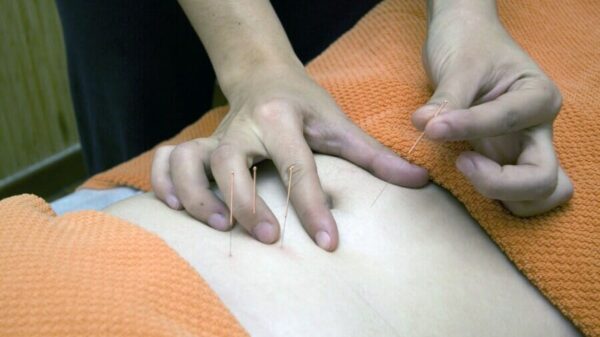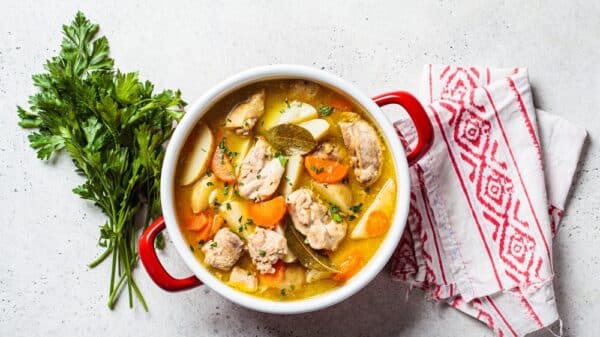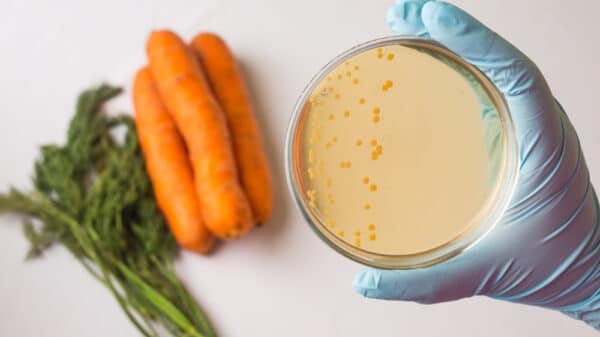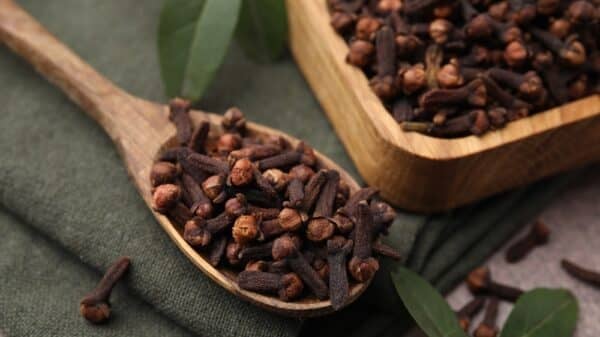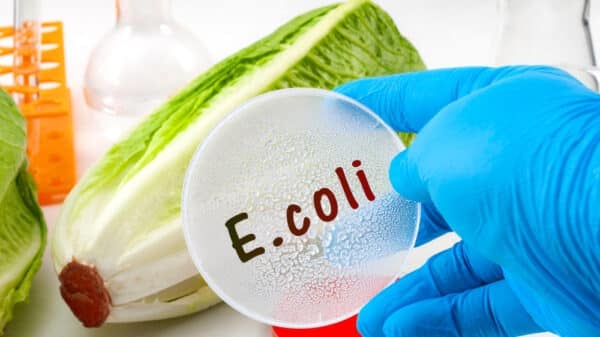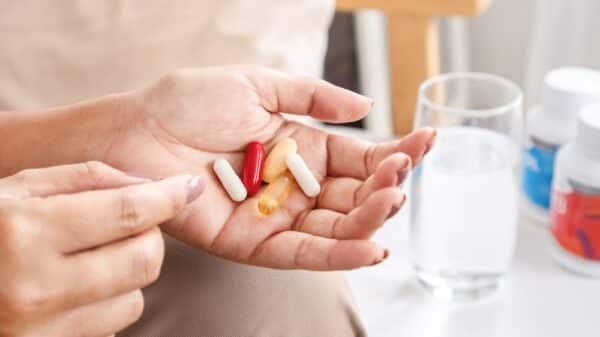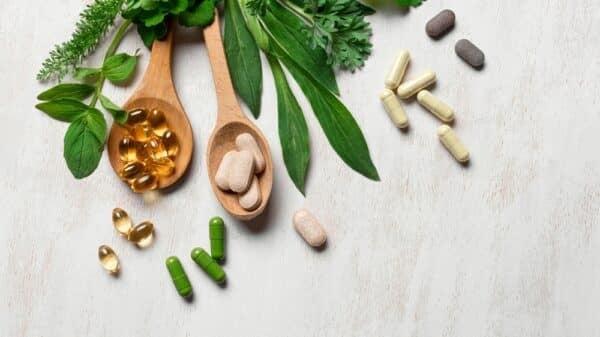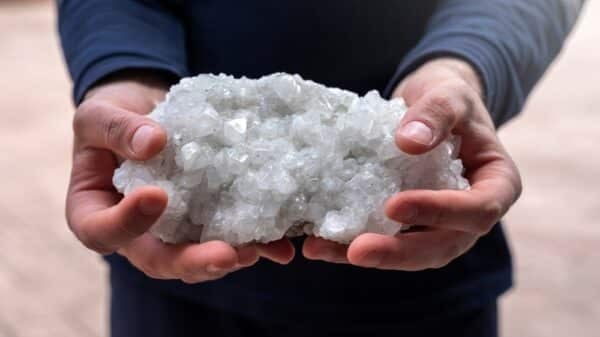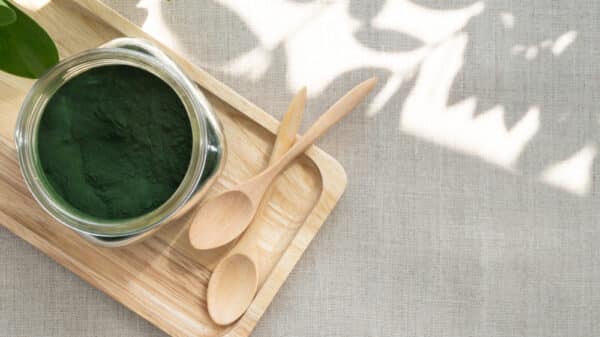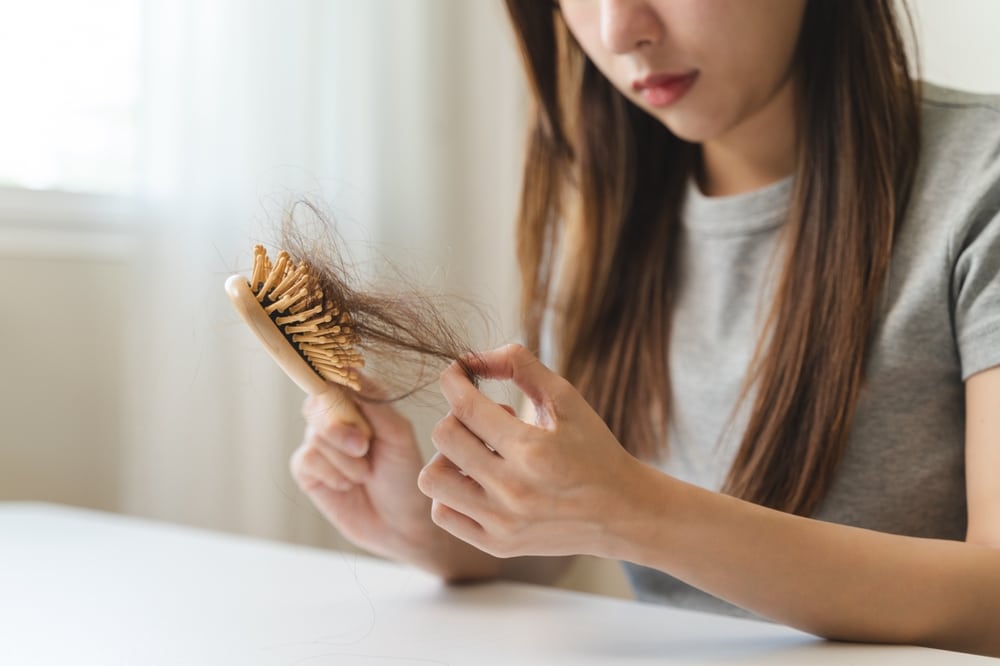Have you ever stepped out of the shower only to find a clump of hair clinging to the drain? Or maybe you’ve been grooming your hair, only to notice an alarming number of strands in your brush? If this sounds familiar, you’re not alone in feeling a sense of dread mixed with anxiety. I get it—our hair isn’t just a part of our appearance; it’s tied to how we feel about ourselves. While hair loss might not be life-threatening, it can certainly impact our confidence and self-image.
Understanding why hair loss occurs can be a little overwhelming, with reasons that may range from stress and hormonal changes to deficiencies in essential nutrients. If you’ve been wondering whether what you eat plays a role in your hair health, you’re in the right place. Let’s dive into what nutrients can help keep your hair strong and vibrant, along with some expert insights on incorporating them into your diet.
Protein is the first and foremost nutrient we’ll talk about. It’s no surprise that hair is primarily made up of a protein called keratin. Brea Lofton, a registered dietitian at Lumen, points out, “Our hair is mainly constructed from a protein known as keratin.” This means that if you want stronger, healthier hair, boosting your protein intake is a fantastic starting point. Think about it: without adequate protein, our hair struggles to grow and maintain its structure.
Meal prep might be a game-changer here; it’s all about finding ways to include protein-rich foods in your diet. Whether it’s chicken, beans, or lentils, there are countless options. But how much protein do you need? Lofton stresses that this can vary from person to person. Therefore, it’s wise to chat with a healthcare professional or a registered dietitian for personalized suggestions.
Next up is Vitamin A. This nutrient does more than just keep your vision sharp; it’s also essential for hair health. Morgana Colombo, MD, FAAD, a dermatologist, shares that “Vitamin A contains retinal, which can encourage healthy hair growth, aid against hair loss, promote stronger hair, and influence your overall hair cycle.” For those assigned female at birth (AFAB), a daily intake of 700 micrograms is recommended, while those assigned male at birth (AMAB) should aim for 900 micrograms. Incorporating foods like sweet potatoes, carrots, spinach, and fatty fish can help you hit those targets.
Don’t forget about green tea; it’s not just a soothing beverage! Certified trichologist William Gaunitz explains that green tea offers impressive anti-inflammatory benefits, which can help alleviate common scalp issues like dandruff and seborrheic dermatitis. He also notes that it helps reduce the effect of DHT on hair follicles, tackling some of the culprits behind hair loss. A daily cup (or several) of green tea could be an easy and enjoyable way to support your hair health.
Iron is another big player when it comes to hair preservation. Lofton points out that iron deficiency is one of the more common causes of hair loss. “Iron is crucial for hair health as it aids in delivering oxygen to hair follicles and stimulates the growth and repair of hair cells,” she explains. For food suggestions, areas to explore include lean meats, beans, fortified cereals, and pairing iron-rich foods with vitamin C—from citrus fruits to broccoli—for better absorption. The National Institutes of Health suggests that adults AFAB need about 18 milligrams of iron daily, while those AMAB only require around eight milligrams.
Vitamin D is also essential for cell turnover and promoting hair regrowth. The daily recommended intake is 600 international units for individuals aged 1 to 70, and sources can be found in cow’s milk, fatty fish, and egg yolks.
Probiotics may come as a surprise, but your gut health has a notable link to hair health. Gaunitz mentions that factors such as antibiotics and certain foods can disrupt gut health, potentially leading to hair loss. Adding fermented foods like kimchi, sauerkraut, or yogurt to your meals can help restore balance. Aim for around 20 billion CFUs of probiotics daily for best results—it’s easier than you think to sneak this into your diet!
Finally, the benefits of omega-3 fatty acids should not be overlooked. These good fats not only elevate your mood but are also critical for nourishing hair follicles and keeping your scalp hydrated. You can find omega-3s in fatty fish, walnuts, flaxseeds, avocados, and olive oil. Lofton suggests that aiming for 1.1 grams per day for women and 1.6 grams for men is a solid plan.
As we’ve learned, everyone’s nutritional needs are different, so it’s essential to consult with a healthcare professional or nutritionist to find the right balance for you. By being mindful of what you eat, you have the power to support your hair health and perhaps even celebrate a fuller mane in the long run! Remember, these changes take time—so be patient and loving with yourself along the journey.










